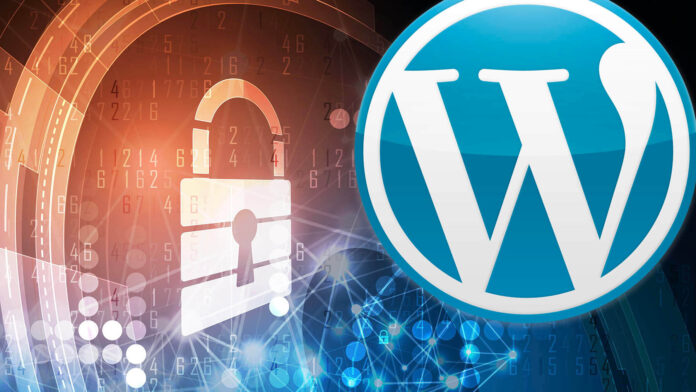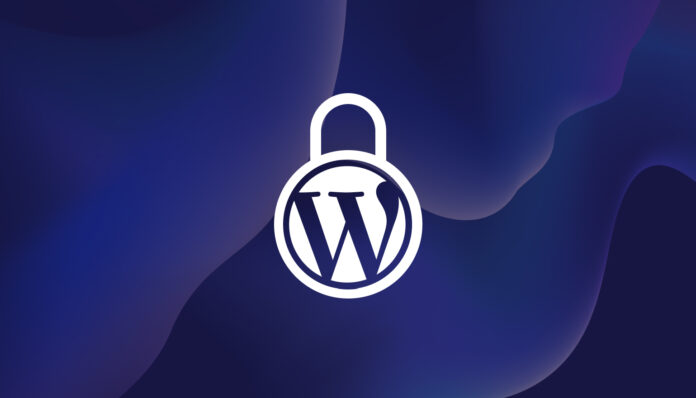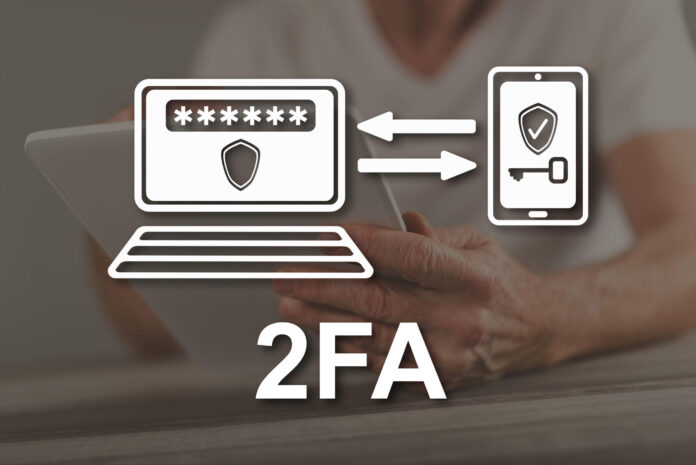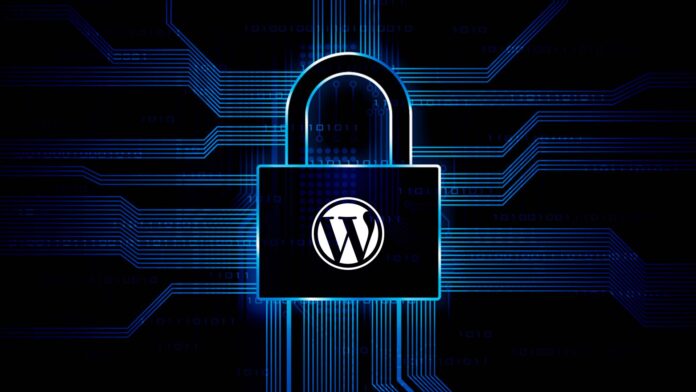In an increasingly digital world, your online presence serves as a cornerstone for your brand, business, or personal passion project. If you’ve chosen to build your site using WordPress, congratulations! You’re among millions who appreciate its user-friendly interface and robust functionalities. However, with great power comes great responsibility. The reality is that WordPress sites are prime targets for cybercriminals. Therefore, knowing how to fortify your WordPress site is not just beneficial; it’s essential. Over a staggering 10,000 websites face the risk of being blacklisted daily due to malware or phishing attacks, underscoring the critical importance of implementing strong WordPress security measures.
Understanding WordPress Security and Its Importance

WordPress security plays a critical role in the success and reliability of your online presence. Given that WordPress powers over 64% of all websites, the importance of WordPress cybersecurity cannot be understated. The increasing frequency of cyberattacks highlights the need to adopt robust strategies and follow WordPress security best practices that will protect your valuable data.
Why WordPress Security Matters
A secure WordPress site fosters trust among your customers. When users feel that their information is safe, they are more likely to engage with your content and make purchases. Engaging with a detailed WordPress security guide will help you implement effective measures against threats. The consequences of neglecting security can be severe, potentially leading to data theft and loss of customer confidence.
Common Security Threats Faced by WordPress Sites
WordPress sites face various security threats. Some of the most common include:
- Outdated software and plugins
- Weak passwords
- Plugin vulnerabilities
- Brute force attacks
- SQL injections
Being aware of these vulnerabilities empowers you to improve your site’s defenses significantly. Implementing WordPress security best practices enhances the overall security framework of your online business.
Impact of Poor Security on Your Online Business
The implications of inadequate security extend far beyond immediate threats. Businesses may experience:
- Data loss
- Damage to reputation
- Legal repercussions
- Significant drops in search engine rankings
Taking proactive steps is essential to avoid these detrimental effects. Investing time and resources into understanding WordPress cybersecurity will help you safeguard your online business effectively.
How to Fortify Your WordPress Site – Key Security Tips

Securing your WordPress site is essential to protect your online presence and data. By implementing effective WordPress security measures, you can mitigate risks and enhance your site’s resilience against attacks. Here are crucial WordPress security tips to help you strengthen your website.
Keep Your WordPress Core, Themes, and Plugins Updated
Regular updates are vital for maintaining WordPress website protection. The core software, themes, and plugins frequently release updates to address security vulnerabilities and improve functionality. Ensure you check for updates routinely and apply them promptly to safeguard your site.
Implement Strong Passwords and User Permissions
Creating robust passwords is a fundamental aspect of WordPress security measures. Use a combination of letters, numbers, and special characters, and consider using a password manager to store and generate strong passwords. Review user roles and permissions regularly to limit access to critical sections of your site.
Utilize Two-Factor Authentication (2FA)

Two-factor authentication adds a layer of security that significantly enhances WordPress website protection. By requiring a second form of verification, 2FA helps prevent unauthorized access even if passwords are compromised. Enable 2FA through your security settings for an added level of defense.
Install a Reputable WordPress Security Plugin
A reputable security plugin, such as Sucuri or Wordfence, provides comprehensive protection against various threats. These tools offer features like malware scanning, firewall protection, and real-time monitoring to help maintain your site’s security. Regularly monitor the reports generated by these plugins to identify potential issues.
Setting Up Regular Backups
Regular backups are a critical component of any WordPress security strategy. In the event of an attack or data loss, having backups ensures you can restore your site quickly and efficiently. Utilize reliable plugins like UpdraftPlus to automate the backup process and store your data securely in the cloud or on an external drive.
Employ a Web Application Firewall (WAF)

A web application firewall provides an effective barrier against malicious traffic, protecting your site from a range of attacks. Implementing a WAF can help filter out harmful requests and block potential threats before they reach your WordPress site. This proactive measure plays a vital role in enhancing overall WordPress security.
For those looking to further enhance their WordPress security with advanced tools and plugins, check this out. It offers additional insights and solutions tailored to ensuring your WordPress site remains robust against evolving threats.
| Security Tip | Description | Benefit |
| Regular Updates | Update WordPress core, themes, and plugins regularly. | Patches vulnerabilities and enhances site performance. |
| Strong Passwords | Create complex passwords and manage user roles effectively. | Prevents unauthorized access and protects sensitive data. |
| Two-Factor Authentication | Enables an additional verification step for logins. | Strengthens account protection against hacking attempts. |
| Security Plugin | Install a trusted security plugin for monitoring and protection. | Provides real-time alerts and malware defense. |
| Regular Backups | Automate backups using reliable plugins. | Ensures quick recovery from data loss incidents. |
| Web Application Firewall | Utilize a WAF to filter incoming traffic. | Blocks malicious attacks and secures site integrity. |
Conclusion
In summary, knowing how to fortify your WordPress site is essential for maintaining a secure online presence. By adopting these WordPress security best practices, you not only protect your website from frequent threats but also contribute to the overall integrity of your brand. The importance of keeping your WordPress core, themes, and plugins updated, along with implementing strong passwords and two-factor authentication, cannot be overstated.
FAQ

What are some effective WordPress security tips?
Effective WordPress security tips include regularly updating your WordPress core, themes, and plugins, using strong passwords, enabling two-factor authentication, installing a reputable security plugin, setting up regular backups, and employing a web application firewall. These measures are crucial for protecting your WordPress website from potential threats.
How often should I update my WordPress site?
You should update your WordPress site regularly, ideally as soon as updates for the WordPress core, themes, or plugins become available. This helps address security vulnerabilities and improves performance, safeguarding your site from potential breaches.
Why is two-factor authentication important for security?
Two-factor authentication (2FA) adds an extra layer of security that requires not only a password but also a second form of verification, such as a text message or authenticator app. This significantly reduces the risk of unauthorized access to your WordPress site, enhancing its overall security.









